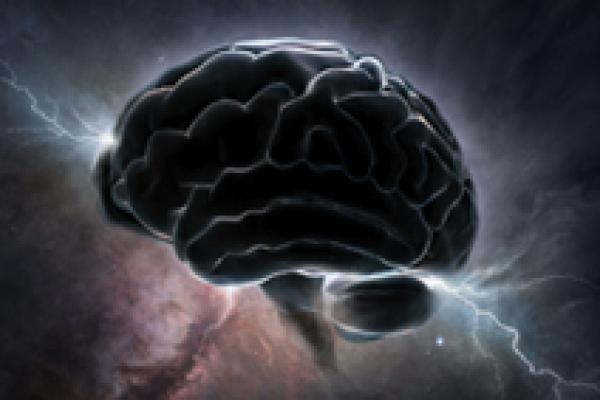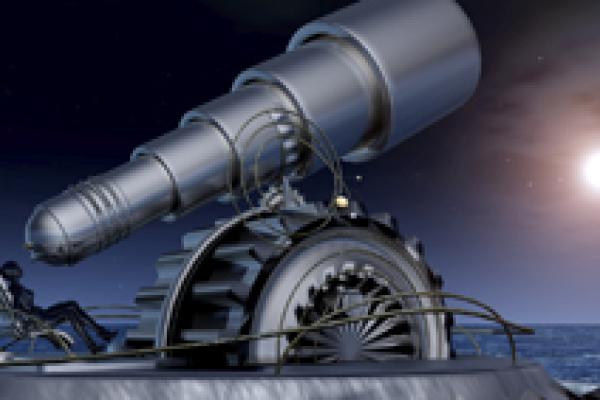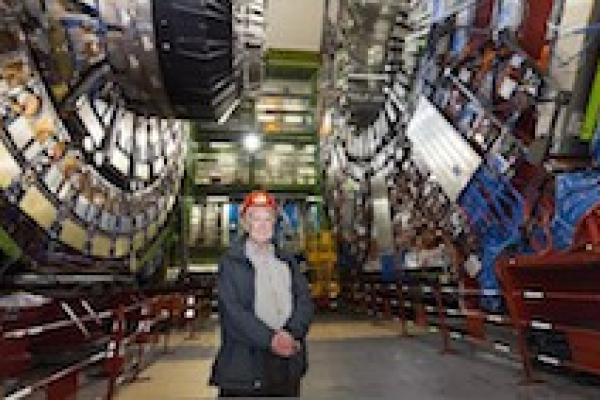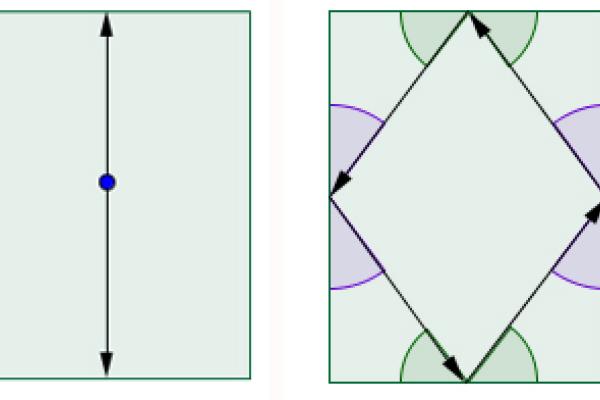Article


Dreaming the dream
Why cosmologists worry about isolated brains that randomly fluctuate into existence.








Sometimes a piece of maths can be so neat and elegant, it makes you want to shout "eureka!" even if you haven't produced it yourself. One of our favourite examples is the art gallery problem.


If you thought that billiards was a harmless game to play in the pub, think again. It's a breeding ground for chaos!